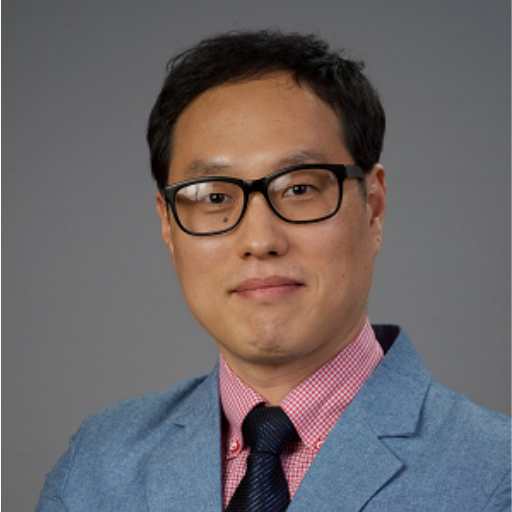
Goonho
Park
PhD
Location
La Jolla, CA, USA
Current Organization
University of California, San Diego
Biography
My journal in scientific training is a little unusual and longer than the typical individual. I have been fortunate to be involved in biomedical research for the past eighteen years through research assistantships and training positions in both South Korea and the United States. These opportunities have given me ample experience and perspective to come to the decision to focus on age-associated neurodegenerative diseases, a topic that hope I will make important contributions to in the future.
Professionally trained in cell and molecular biology in both Korea and in the U.S., I have worked in brain diseases, including Alzheimer’s disease (AD), Parkinson’s disease, and traumatic brain injury, for eight years as a predoctoral and postdoctoral researcher. I began my scientific training first in the private sector by choosing to pursue the “industrial research for Korean” option in lieu of military service required of all South Korean male citizens. During this time, I worked in both a biotechnology and a pharmaceutical company. I acquired experience in protein chemistry while working on the development of recombinant hepatitis A type virus vaccine, as well as molecular biology techniques in a team that generated eight knock-in and knockout mouse lines. These experiences ignited my interest in basic and translational biomedical research. It also enabled me to return to the academic setting, first as a research associate at Caltech in Dr. Melvin I. Simon’s lab and later at the University of California, San Diego (UCSD), when his lab relocated there. From there, I enrolled as a graduate student at the Sanford Burnham Medical Research Institute to focus on neurological diseases, especially age-related brain disorders, as I had become fascinated by how neuronal dysfunction leads to aberrant behavior. My PhD project was to examine neurodegeneration in dopaminergic neurons caused by abnormal histone modification, and how this may relate to Parkinson’s disease.
This was an epigenetic approach to understanding neurodegenerative disease. Upon graduation in the fall of 2014, I joined Dr. Koo’s lab at UCSD for postdoctoral training. My current research project, as outlined in this proposal, is to study the pathological role of the C-terminal fragment of the amyloid precursor protein (APP) and how this might contribute to synaptic dysfunction and synapse loss in Alzheimer’s disease. I believe this investigation may reveal new insights into the process of synapse loss associated with not only AD, but age-dependent cognitive impairment in other neurodegenerative diseases as well. I am hopeful that successfully carrying out the proposed studies will be a big step towards launching my career as an independent neuroscientist focusing on neurodegenerative brain disorders.



